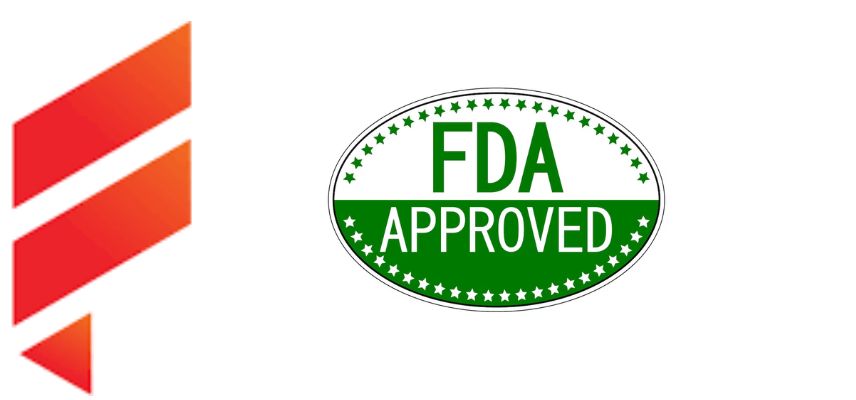FDA Advisers Back New Endpoint for Myeloma Approvals
FDA advisers back new endpoint for myeloma approvals, paving way for faster introduction of new drugs
Overview
After oncology experts reviewed arguments in favor of a surrogate endpoint to support multiple myeloma drug approvals, drug developers may soon have a new pathway in the R&D journey.
Friday, 12 members of an FDA advisory committee voted unanimously to support the use of minimal residual disease (MRD) as a surrogate endpoint to enable accelerated approvals of new therapies in multiple myeloma.
Future Incorporation for Regulatory Practice
- Given the panel's overwhelming support—and the FDA’s own positive review ahead of the meeting—the agency will likely start incorporating the approach in its regulatory practices soon.
- Since surrogate endpoints in clinical trials read out faster than traditional clinical-outcomes endpoints such as progression-free survival (PFS) or overall survival (OS), new therapies could be expected to reach the market sooner under the approach.
Outcomes
- Friday’s meeting centered on two separate meta-analyses of past clinical trials.
- The analyses showed very strong associations demonstrating that myeloma patients who achieved MRD negativity after treatment would likely enjoy a longer progression-free life.
About MRD
- In the MRD approach, doctors or trial investigators search patients’ bone marrow or other body parts for traces of malignant clones.
- The most commonly used threshold categorizes patients as MRD negative if no cancer is found in 1 in 100,000 cells (10-5).
- The meta-analyses were performed by a team led by Carl Ola Landgren, M.D., Ph.D., from the Sylvester Comprehensive Cancer Center, and another group called i2TEAMM, which was brought together by the International Myeloma Foundation.
Behind the Analysis
- The analyses were conducted against the backdrop that conventional tumor responses often don’t provide useful information on treatment effects because existing drugs already shrink tumors in almost all newly diagnosed myeloma patients.
In addition, because existing standard-of-care treatments help first-line patients live a median of seven years, it has become increasingly impractical to follow trials until a PFS readout to seek an FDA approval, the researchers argued.

Optimize Your trial insights with Clival Database.
Are you exhausted from the uncertainty of trial insights pricing? Clival Database ensures the clarity in the midst of the global scenario for clinical trials to you.Clival Database is one of the best databases that offers an outstanding number of clinical trial data in terms of 50,000+ molecules and from primary regulatory markets as well as new entrants like Indian and Chinese markets.
With Clival, you get accurate positioning of historical sales data, patent database, company profiling, safety & efficacy, and prediction of launch of new innovative molecules helping you to align your research and driving down the cost.
To add value, we further break down our analytics for you so that improving your operational effectiveness; optimizing your clinical trials; and offering you accurate and high-quality data at lowest possible prices becomes possible.
Elevate your trial success rate with the cutting-edge insights from Clival database.
Check it out today and make more informed sourcing decisions! Learn More!







